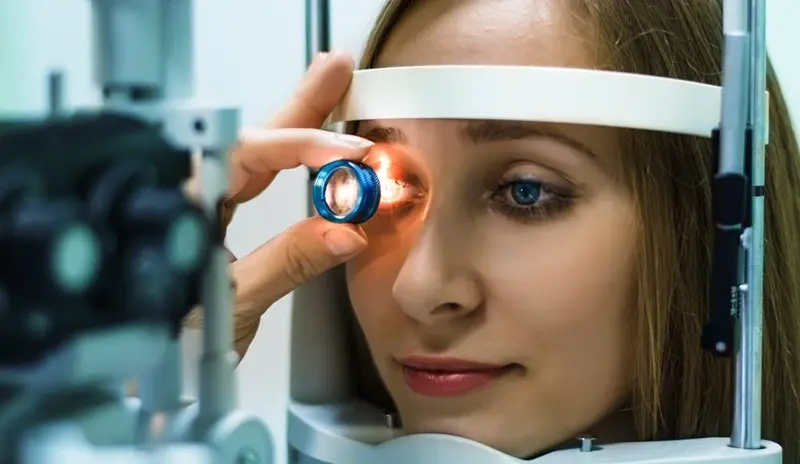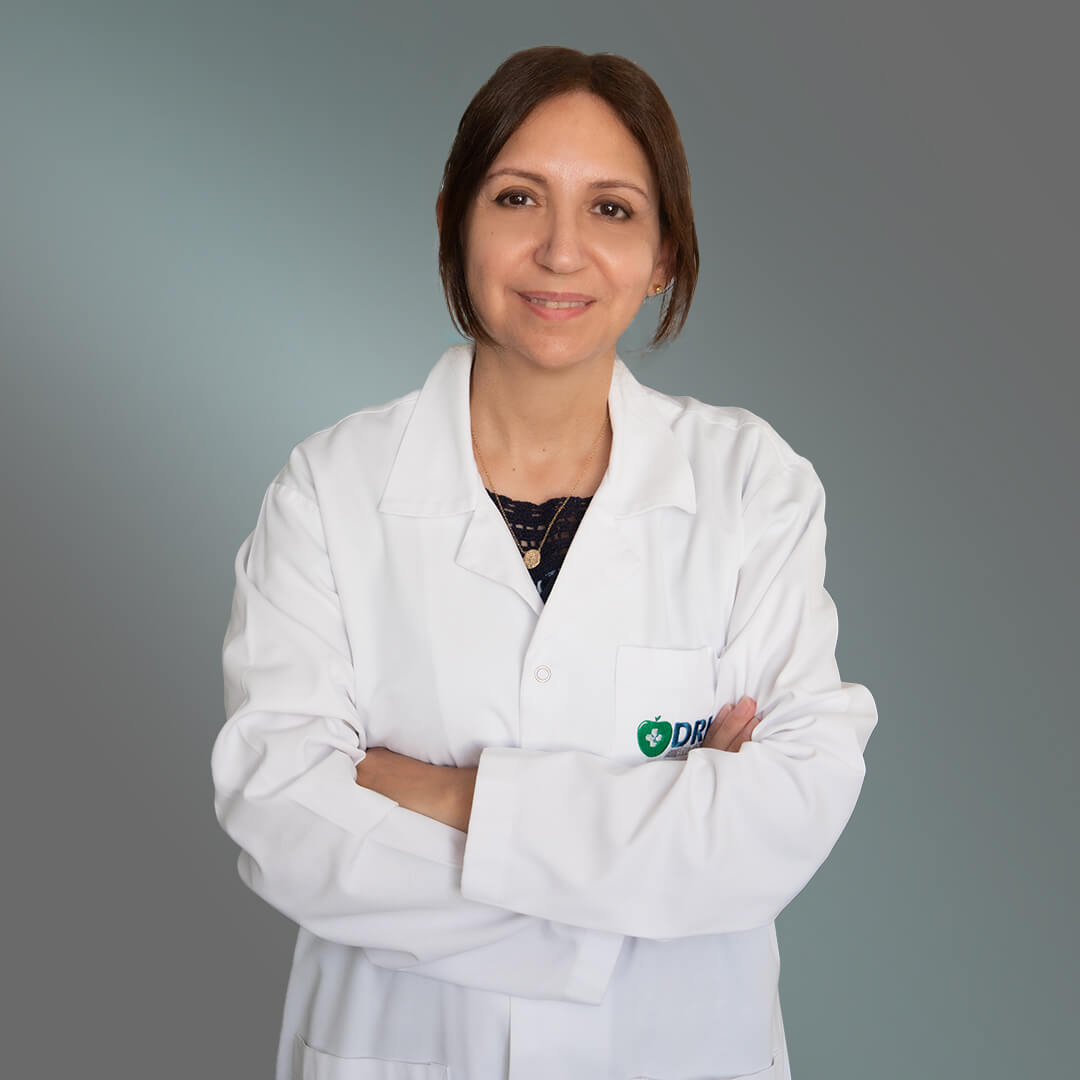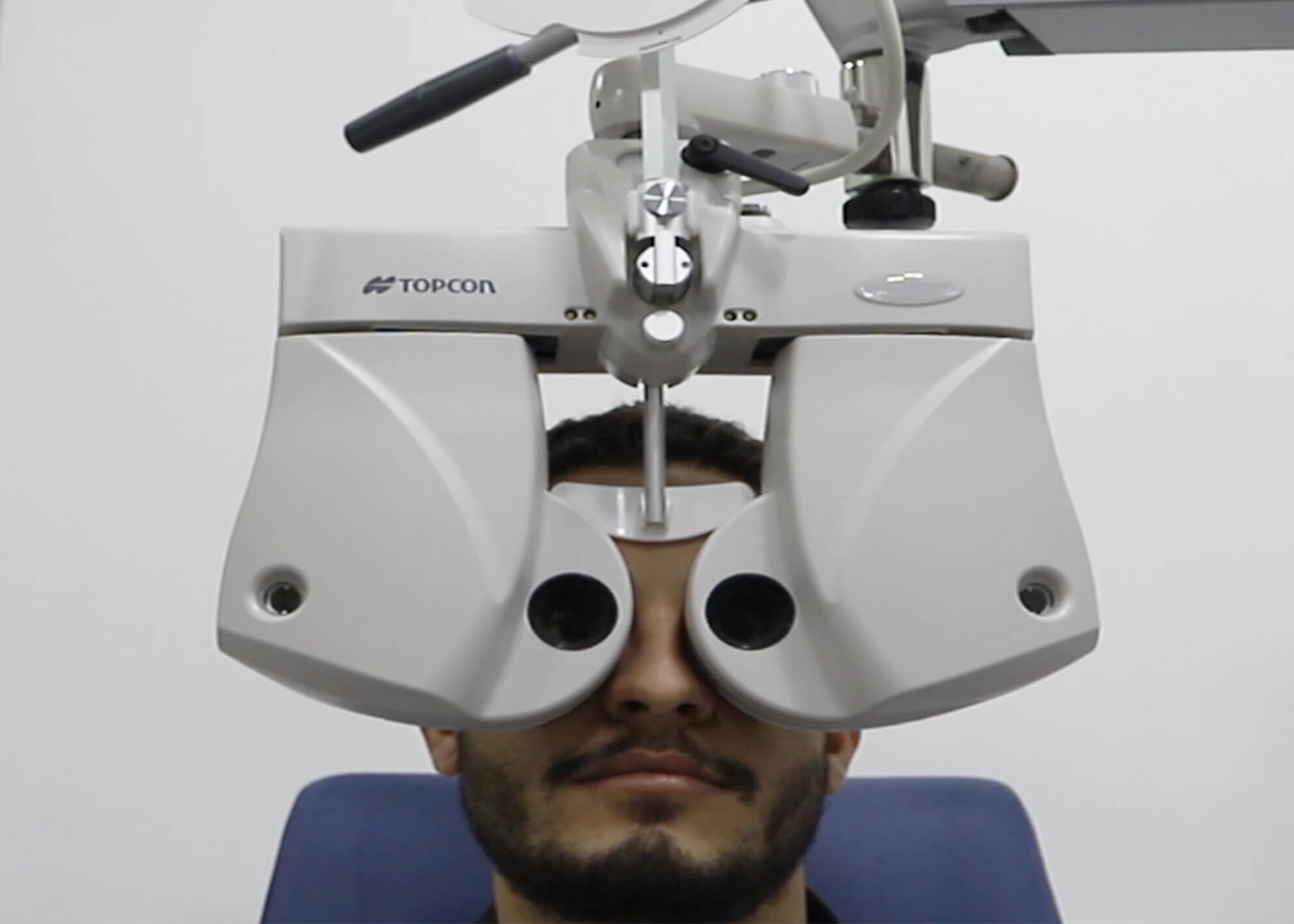Secondary Glaucoma at Eye Clinic DRHC Dubai
Overview
Secondary Glaucoma is a form of glaucoma that develops as a result of another eye condition, injury, or disease. Unlike primary glaucoma, where the condition arises without a known cause, secondary glaucoma is triggered by an identifiable factor that increases intraocular pressure (IOP), leading to optic nerve damage and potential vision loss. This type of glaucoma can manifest in various forms, depending on the underlying cause, making accurate diagnosis and targeted treatment essential.
Causes and Risk Factors
Secondary Glaucoma can be caused by a variety of factors, including:
- Eye Injuries: Trauma to the eye can lead to scarring, inflammation, or bleeding, all of which can obstruct the eye’s drainage system and elevate IOP.
- Inflammatory Eye Conditions: Uveitis, an inflammation of the middle layer of the eye, can cause secondary glaucoma by obstructing fluid drainage or damaging the trabecular meshwork.
- Medications: Long-term use of corticosteroids, whether in eye drops, pills, or inhalers, can increase the risk of developing secondary glaucoma.
- Ocular Tumors: Tumors within the eye can physically block the drainage of fluid, leading to increased pressure.
- Advanced Cataracts: As cataracts progress, they can enlarge and block the eye’s drainage system, causing secondary glaucoma.
- Pigment Dispersion Syndrome: Pigment from the iris can clog the drainage system, leading to Pigmentary Glaucoma, a type of secondary glaucoma.
- Neovascular Glaucoma: This occurs when new, abnormal blood vessels grow on the iris and block the drainage angle, often associated with conditions like diabetes or retinal vein occlusion.
Symptoms
The symptoms of secondary glaucoma can vary depending on the underlying cause and the speed at which the condition develops:
In cases of acute secondary glaucoma, such as those caused by trauma or inflammation, symptoms may appear suddenly and require immediate medical attention.
Diagnosis
At DRHC Dubai, our ophthalmologists employ advanced diagnostic tools to accurately identify and classify secondary glaucoma:
- Comprehensive Eye Examination: This includes a thorough evaluation of the optic nerve, retina, and eye pressure.
- Gonioscopy: This procedure uses a special lens to examine the eye’s drainage angle and detect any blockages or abnormalities.
- Tonometry: Measuring intraocular pressure is crucial for detecting elevated pressure levels.
- Optical Coherence Tomography (OCT): This imaging test provides detailed views of the optic nerve and retina, helping to assess damage.
- Ultrasound Biomicroscopy (UBM): In cases where the cause of glaucoma is unclear, UBM can provide detailed images of the eye’s internal structures, aiding in diagnosis.
Management and Treatment
The treatment of secondary glaucoma focuses on addressing the underlying cause while managing intraocular pressure to prevent further optic nerve damage. At DRHC Dubai, we offer a range of treatment options:
- Medications: Eye drops, oral medications, or injections may be prescribed to lower IOP and reduce inflammation or fluid buildup.
- Laser Therapy: Depending on the cause, laser procedures like Laser Trabeculoplasty or Cyclophotocoagulation may be used to improve fluid drainage or reduce fluid production.
- Surgical Intervention: In cases where medications and laser therapy are not sufficient, surgery may be necessary. Options include trabeculectomy, drainage implants, or procedures to remove blockages or repair damage.
- Treating Underlying Conditions: Addressing the root cause of secondary glaucoma, such as controlling uveitis, managing diabetes, or treating cataracts, is essential for long-term management.
- Regularly Monitoring: Patients with secondary glaucoma require frequent follow-up appointments to monitor IOP and adjust treatment as needed.
Why Choose DRHC Dubai?
At DRHC Dubai, we specialize in the diagnosis and treatment of all forms of glaucoma, including secondary glaucoma. Our team of expert ophthalmologists utilizes state-of-the-art technology and personalized treatment plans to manage this complex condition effectively. We are dedicated to providing comprehensive care, patient education, and ongoing support to help you maintain your vision and quality of life.
.png?width=281&height=59&name=bookanappointment%20(1).png)
At Dr. Rami Hamed Center, our Ophthalmology department is dedicated to safeguarding your vision health through expert eye care Professionals, Renowned as one of the best eye care clinics in Dubai our Ophthalmology Specialists provide services for Cataract and Retina treatment with Laser and Refractive surgeries.




.png?width=281&height=59&name=bookanappointment%20(1).png)






